Urban Development Issues (UDI) – the journal of the Institute of Urban and Regional Development – was included in the ministerial list of journals and received 40 points on the list.
|
0 Comments
Urban Development Issues (UDI) – the journal of the Institute of Urban and Regional Development – was included in the ministerial list of journals and received 40 points on the list.
We are pleased to inform that on June 24, 2019, Urban Development Issues has officially entered into the prestigious, international database of ERiH PLUS (European Reference Index for the Humanities and Social Sciences). The journal published by the Institute of Urban and Regional Development has passed the substantive and formal evaluation, classifying itself to the database of ERiH PLUS. ERiH PLUS is a reference list of magazines in the humanities and social sciences. It was founded in July 2014 by Norwegian Social Science Data Services (NSD). You can find more details on the website: https://dbh.nsd.uib.no/publiseringskanaler/erihplus/ Kliknij tutaj, aby edytować. Congratulations to the editors of the Urban Development Issues Journal !
Field trip started at the campus of the Jagiellonian University where the academic function was described as crucial city shaping factor. The view from the roof of the building helped showing the struggles of large housing estate Ruczaj with the effects of acoustic screens. Next step was the Łagiewniki sanctuary where attendees discussed the pilgrimage function and infrastructure investment in this area. Next step was Stare Podgórze district, former independent town - supposedly the next victim of gentrification in Kraków. Attendees took a walk from Podgórze to Zabłocie. Zabłocie is a former industrial site undergoing dramatic change connected to urban redevelopment project. The final stop was Nowa Huta (initialy independent socialist town created to balance (destroy?) Kraków.
On the 5th of October 2018 National Institute for Spatial Policy and Housing together with the Institute of Geography and Spatial Management of the Jagiellonian University organized the second conference of UDI journal. Authors of 19 oral presentations (3 keynotes) and 1 poster represented 8 countries (Czech Republic, Estonia, Hungary, Poland, Republic of Serbia, South Africa, Ukraine and United Kingdom). Conference started with the opening address presented by dr Wojciech Jarczewski the head of the National Institute for Spatial Policy and Housing (publisher of the journal Urban Development Issues). Conference started with the keynote session chaired by the editor-in-chief of UDI - dr Piotr Trzepacz. Keynote presentations covered one of the most important topics in contemporary urban studies: gentrification (prof. Loretta Lees from the University of Leicester, United Kingdom) and management of urban regions in BRICS (prof. Philip Harrison from the University of the Witwatersrand in Johannesburg, South Africa). First regular session (Social development issues of cities) contained papers presented by Martin Ouředníček, Ivana Pridalova (Charles University, Czech Republic), Petra Špačková, Adam Klsak, Martin Ouředníček (Charles University, Czech Republic), Koos Balint (Hungarian Academy of Sciences, Hungary), Grzegorz Masik (University of Gdańsk, Poland), and Jacek Koj (National Institute for Spatial Policy and Housing, Poland). The second open call session (chaired by prof. Loretta Lees) begun with the keynote paper presented by prof. Nick Bailey (University of Glasgow, United Kingdom). The session was a great review of approaches towards gentrification studies. These results were presented by Daniel Štraub (Charles University, Czech Republic), Paweł Pistelok from National Institute for Spatial Policy and Housing, Poland (also on behalf of co-author Daria Wójcik from the Jagiellonian University in Krakow, Poland), Ingmar Pastak (University of Tartu, Estonia), Éva Lovra (University of Debrecen, Hungary). The third open call session (chaired by prof. Nick Bailey) was a platform for discussing spatial development issues of cities. Papers were presented by Kostynatyn Mezentsev, Olena Denysenko (Taras Shevchenko National University of Kyiv, Ukraine), Natalia Bursiewicz (Pedagogical University in Krakow, Poland), Sara Nikolić (Institute for Philosophy and Social Theory, Republic of Serbia), Oleksiy Gnatiuk, Anatolii Melnychuk (Taras Shevchenko National University of Kyiv, Ukraine). Fourth session (chaired by Agata Warchalska-Troll, managing editor of UDI) contained papers closer to economic development issues (from the perspective of small towns: Gábor Pirisi and Éva Máté both from the University of Pécs, Hungary) and transportation - by Agnieszka Świgost (Jagiellonian University in Krakow, Poland).
We encourage our authors, reviewers and readers to stay in touch! One of the option to do so is to like our profile on Facebook: https://www.facebook.com/urbandevelopmentissues/
Our journal is now available on DeGruyter platform (https://www.degruyter.com/view/j/udi)! DeGruyter is a global publishing house and a leading provider of publishing services of the highest quality.
Remember - we are Open Access journal, so our authors DO NOT COVER ANY COSTS OF PUBLISHING. On the 18th of October Institute of Urban Development in Krakow together with the Institute of Geography and Spatial Management organized conference of Urban Development Issues journal. The main goal behind this event was to integrate urban studies society around the journal. Our esteemed guests represented seven countries (Austria, the Czech Republic, Denmark, France, Hungary, Poland and the United Kingdom). Conferenced started with opening adress presented by the head of the Institute of Urban Development in Krakow (publisher of the journal Urban Development Issues) - dr Wojciech Jarczewski. Our conference started with papers presented by keynote speakers: Prof. Gérard-François Dumont (Université Paris IV-Sorbonne), Prof. Ole B. Jensen (University of Aalborg), dr Ivan Andráško (Masaryk University, Brno), Ágnes Erőss (Hungarian Academy of Sciences, Budapest) and Margit Noll (JPI Urban Europe, Vienna). First keynote session was chaired by dr Magdalena Dej (vice-head of the Institute of Urban Development in Krakow) and the second one by prof. Krzysztof Gwosdz (Institute of Geography and Spatial Management, Jagiellonian University in Krakow). Further sessions covered great variety of urban development issues. First session (chaired by prof. Ole B Jensen) was devoted to the accessibility of services in urban space and contained papers presented by Anna Szymańska (also on behalf of co-author Monika Płaziak, Pedagogical University of Cracow), Agnieszka Gajda (Institute of Urban Development in Krakow) and Magdalena Fuhrmann (University of Warsaw). The second open call session (chaired by dr Ivan Andráško) was a great review of approaches towards public spaces in urban management all over the world. These concepts and experiences were presented by Paweł Pistelok (Institute of Urban Development in Krakow), Kinga Kimic (also on behalf of co-author Marzena Suchocka, Warsaw University of Life Sciences), Joanna Jaskułowska (Lodz University of Technology) and Dorota Mantey (University of Warsaw). The third open call session (chaired by dr Piotr Trzepacz, editor-in-chief of Urban Development Issues) was a platform for discussing more traditional issues in cities with their contemporary solutions. Papers were presented by Paweł Bugajski (Arup, Manchester), Agnieszka Dudzińska-Jarmolińska (University of Warsaw), Natalia Bursiewicz (Pedagogical University of Cracow) and Karol Korczyński (University of Wroclaw).
On the 17th of October participants of our conference took part in a thematic field trip around the city of Krakow. Gentrification, suburbanization, studentification, depopulation, revitalization.... basically all the important ".....actions" that shape cities were spotted. The trip started at the Ruczaj estate, where we've discussed the impact of academic function on urban development. After that we've started to move towards Eastern direction, starting with the area of Łagiewniki - one of the most important sanctuaries in Poland, localized by the greatest shopping park of the city on the revitalized post-industrial site. Our next stop was Krakus Mound in the Podgórze district (former independent city). We spoke about the spatial conflicts in the areas affected by the tragic historical events - here, the Kraków-Płaszów concentration camp. Next site visited by the UDI-enthusiasts was Zabłocie area. Former industrial site that undergoes dynamic changes - from metallurgical and cosmetic industry center to the area famous of fashion and movie industry. From the left: Agnieszka Dudzińska Jarmolińska (University of Warsaw), Karol Korczyński (University of Wroclaw), Agata Warchalska-Troll (Institute of Urban Development in Krakow, manager of UDI Editorial Office, guide of the trip), Piotr Trzepacz (Institute of Urban Development in Krakow, editor-in-chief of UDI, guide of the trip), prof. Gérard-François Dumont (Université Paris IV-Sorbonne) The last stop of our trip was Nowa Huta where we've discussed the challenges of this unique and symbolic place by contemplating the so-called "Stalinist baroque" and plans of "Nowa Huta of the Future" project. From the left: prof. Gérard-François Dumont (Université Paris IV-Sorbonne), Agata Warchalska-Troll (Institute of Urban Development in Krakow, manager of UDI Editorial Office, guide of the trip), Agnieszka Dudzińska Jarmolińska (University of Warsaw), Karol Korczyński (University of Wroclaw)
|

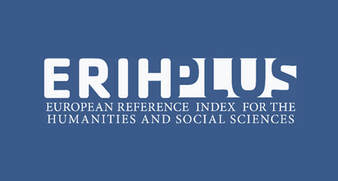
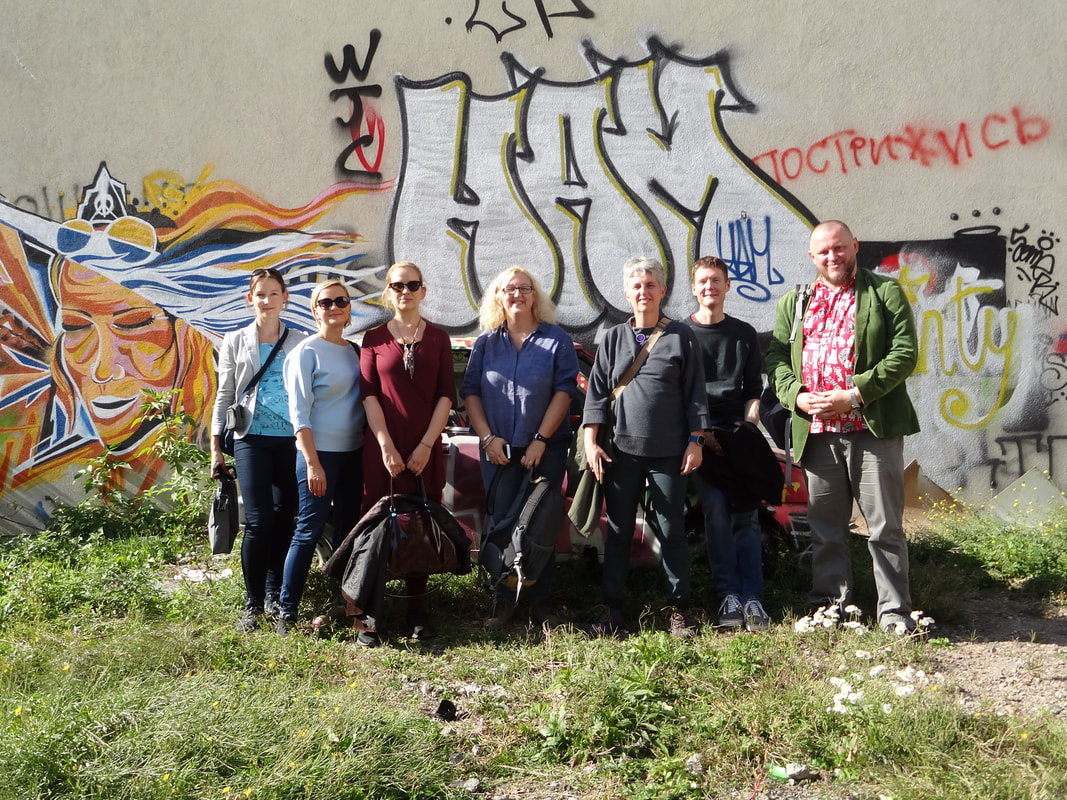
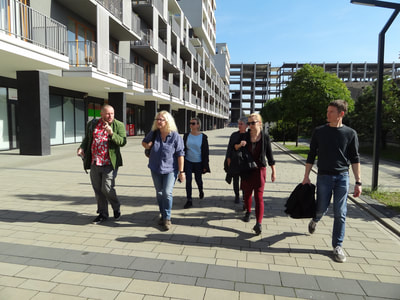
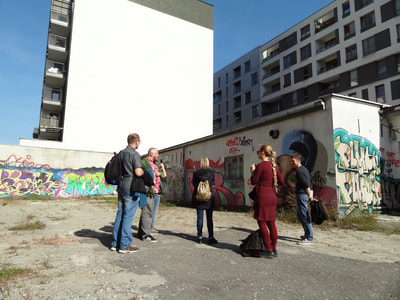
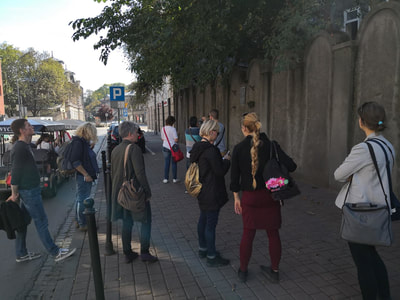
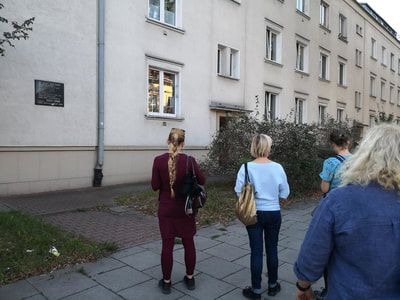
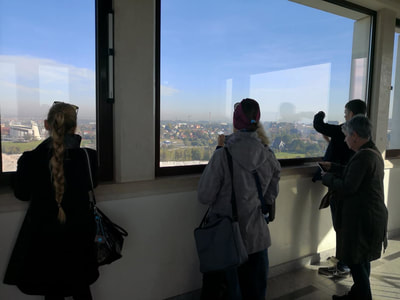
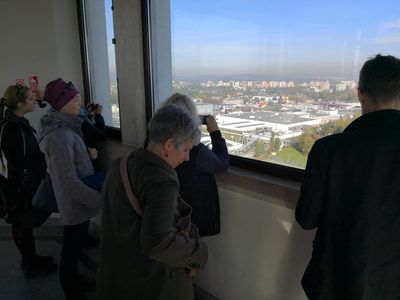
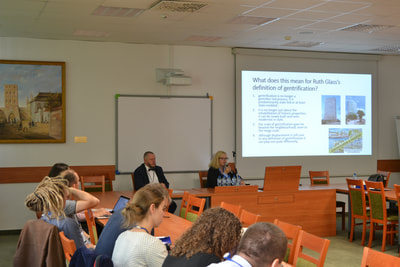
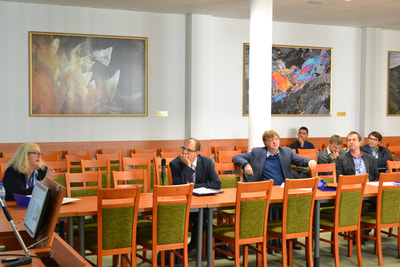
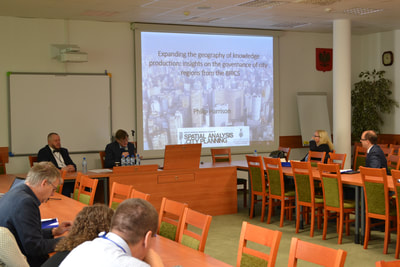
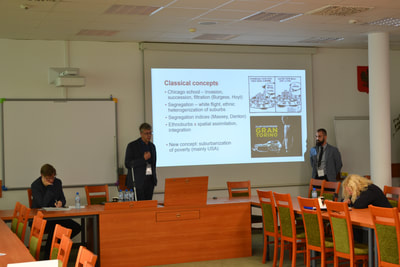
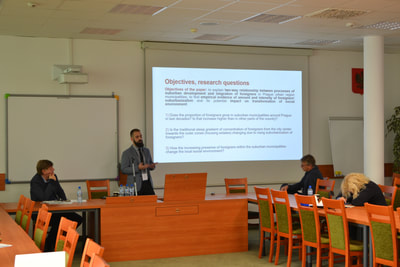
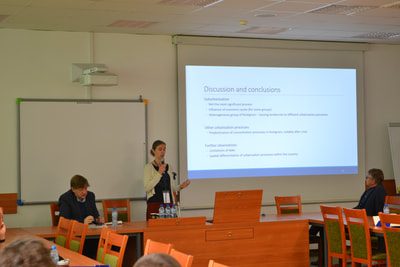
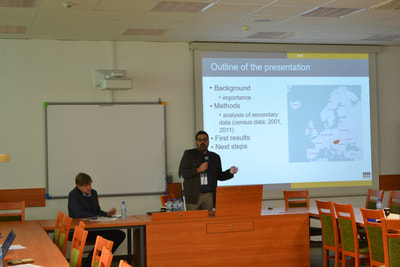
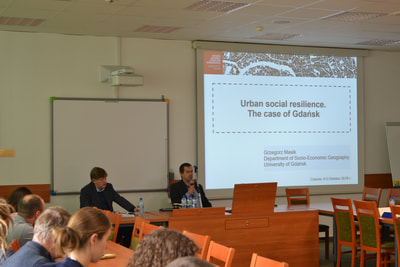
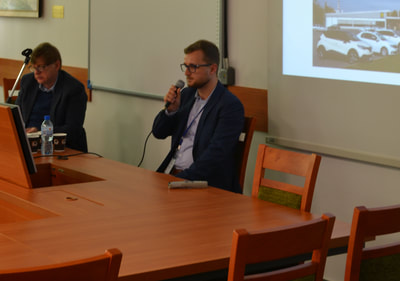
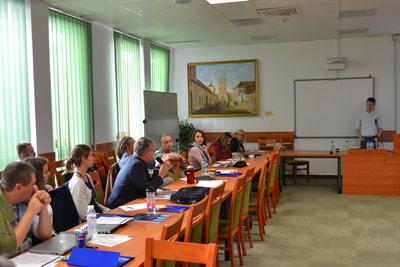
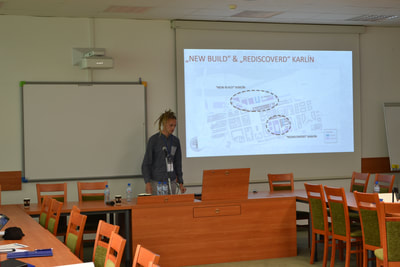
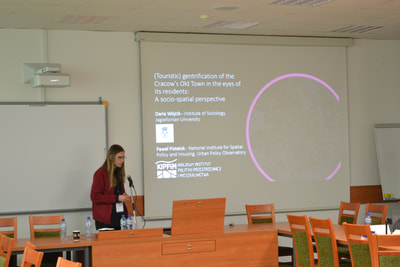
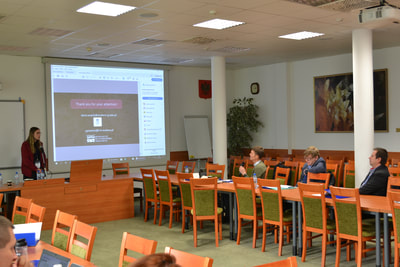
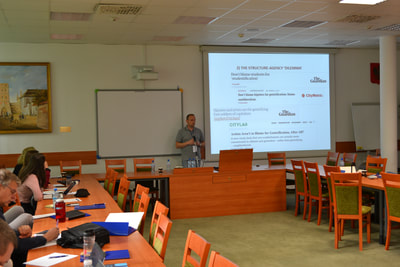
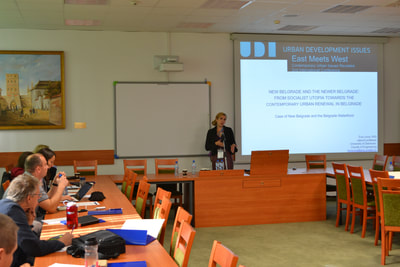
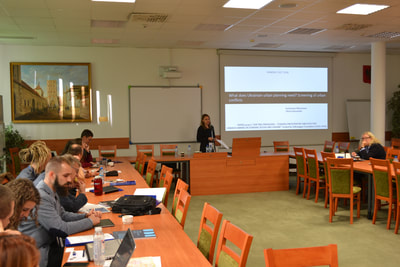
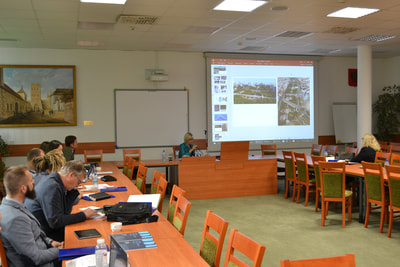
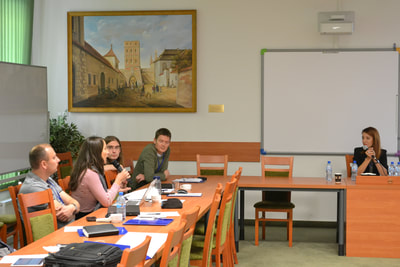

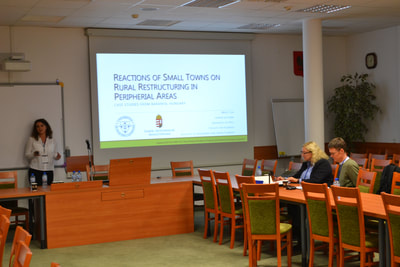
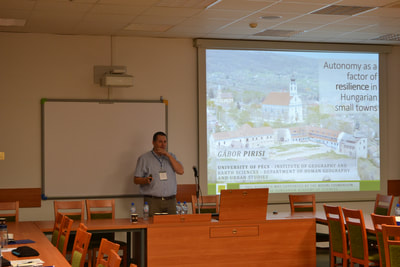
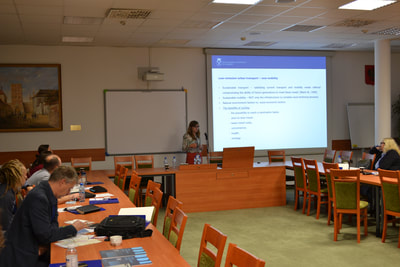
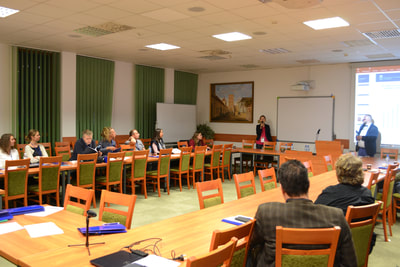

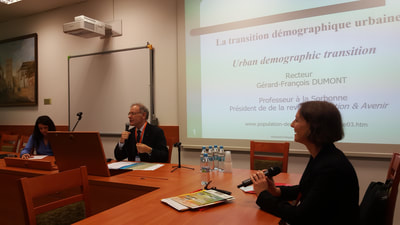
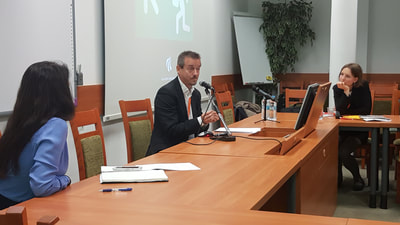
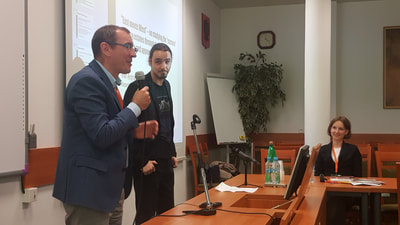
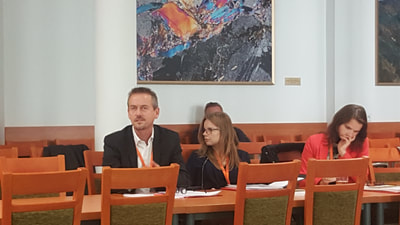
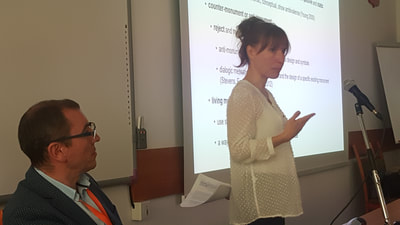
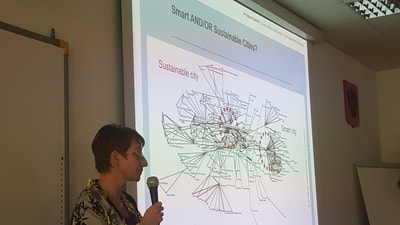
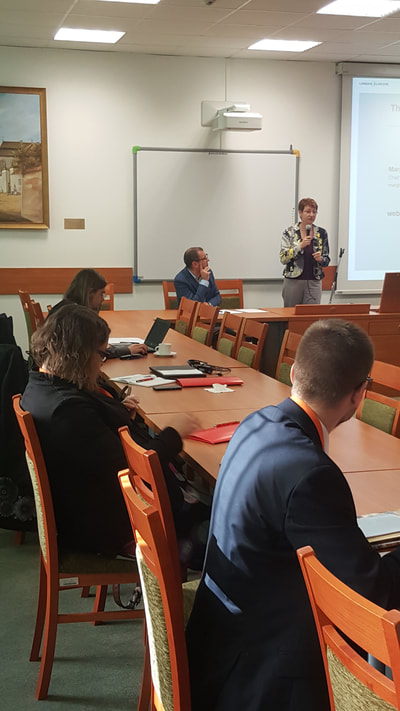
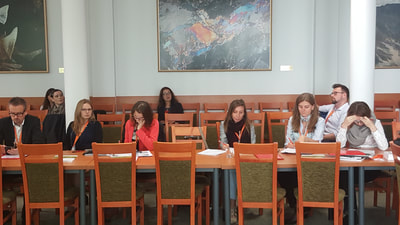
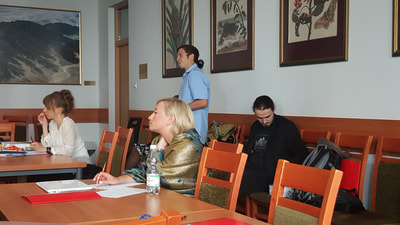
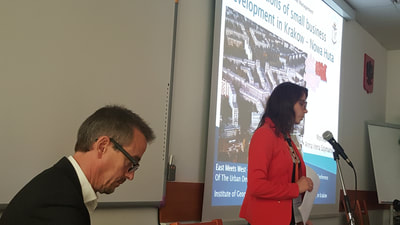
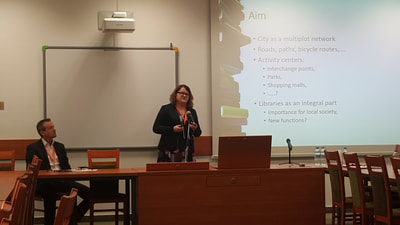
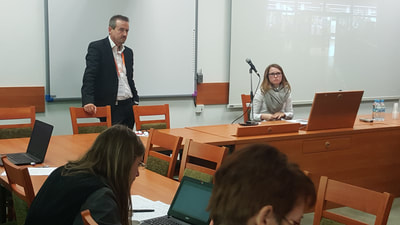
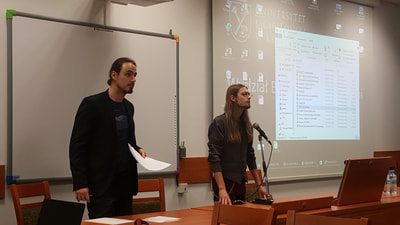
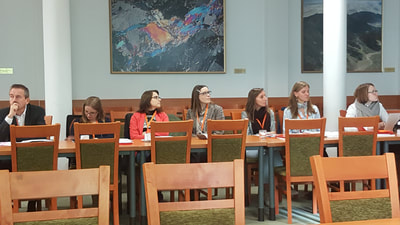
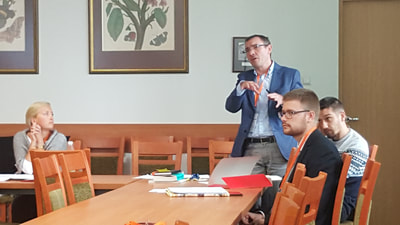
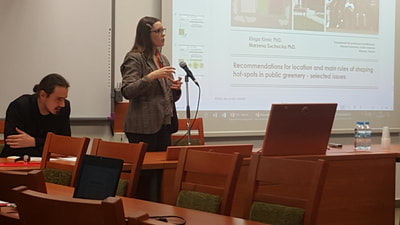
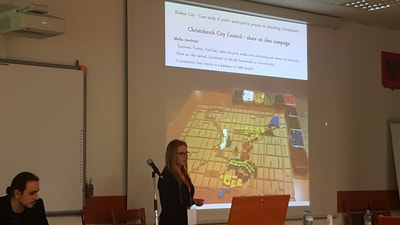
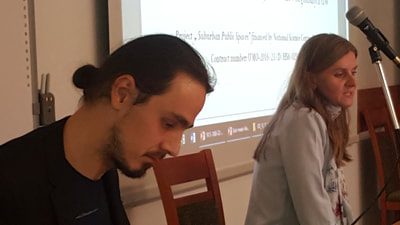
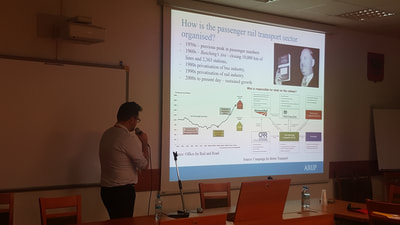
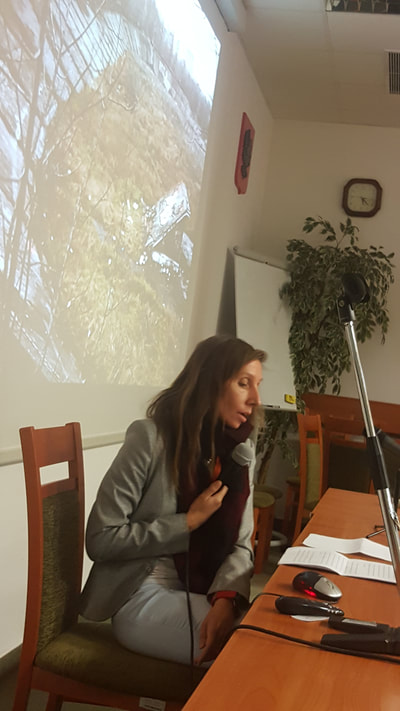
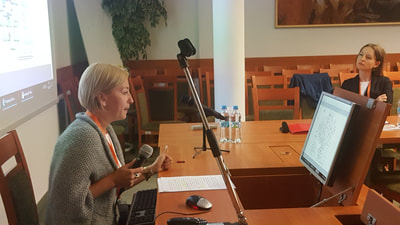
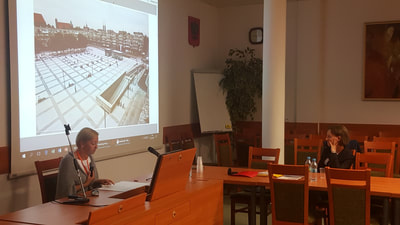
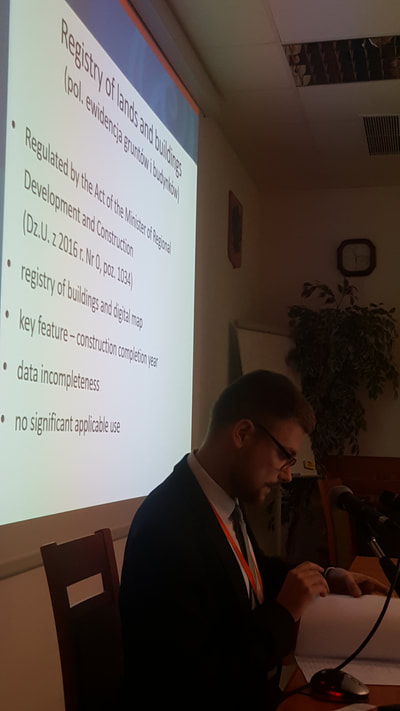
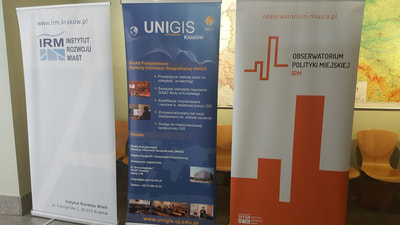
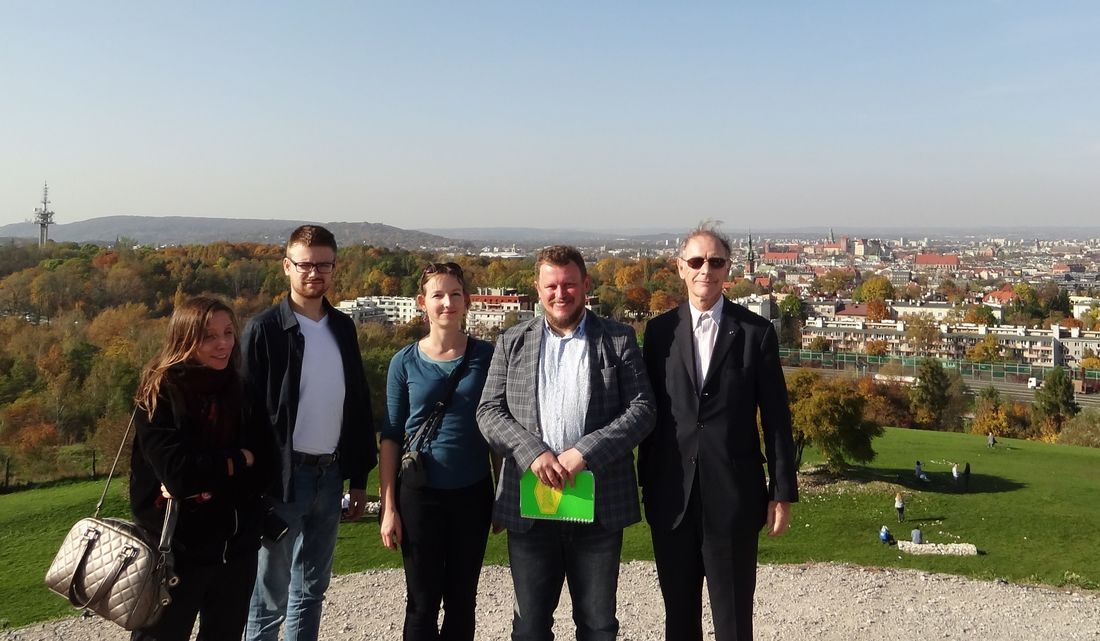
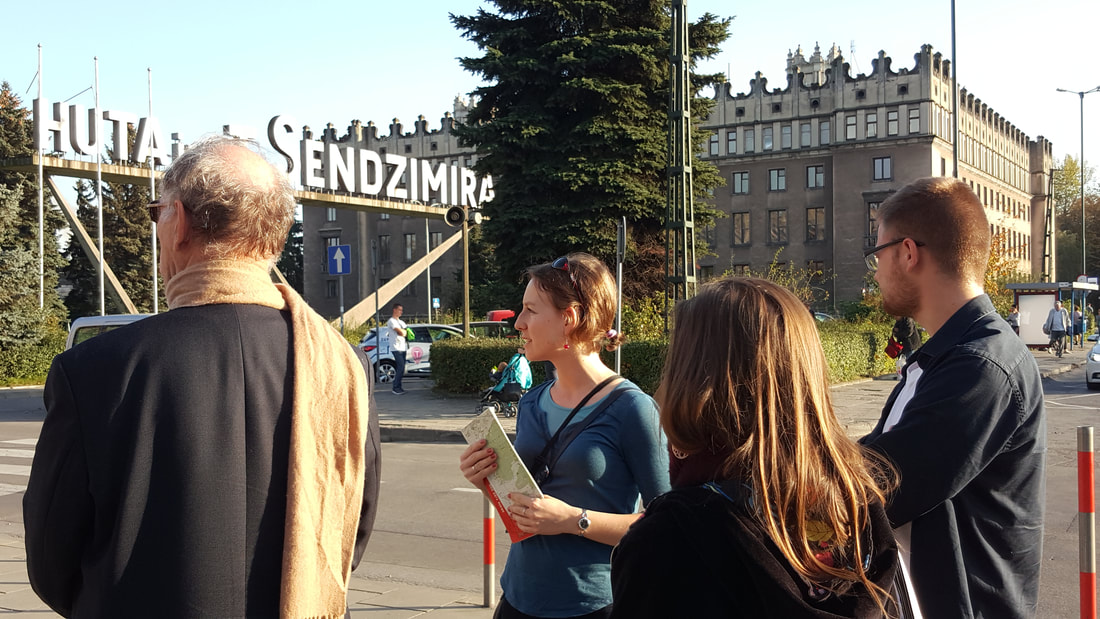
 Kanał RSS
Kanał RSS